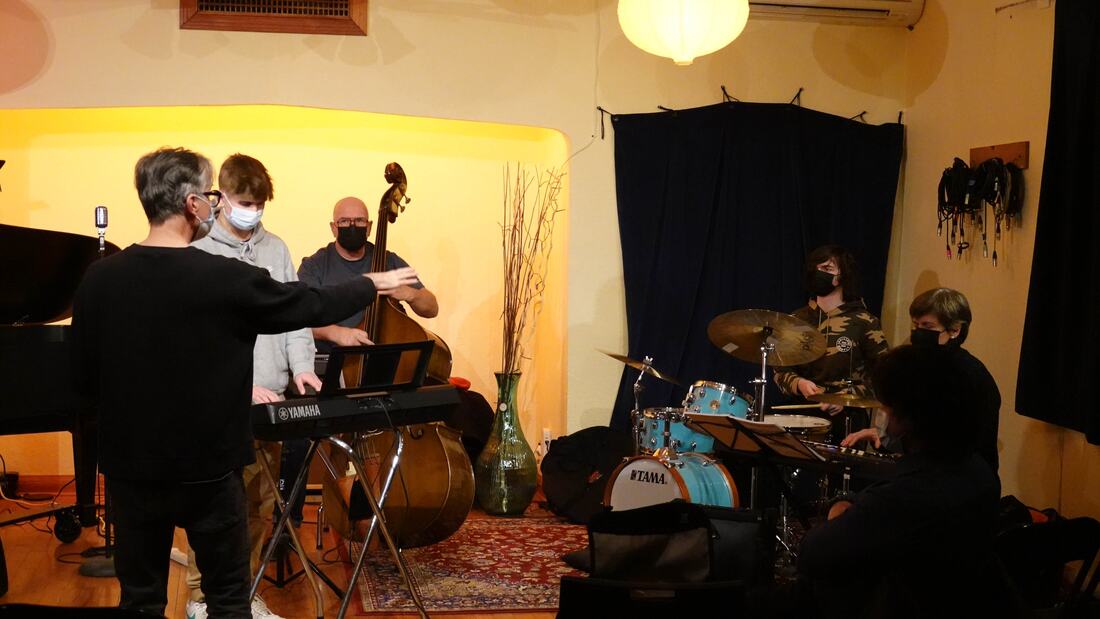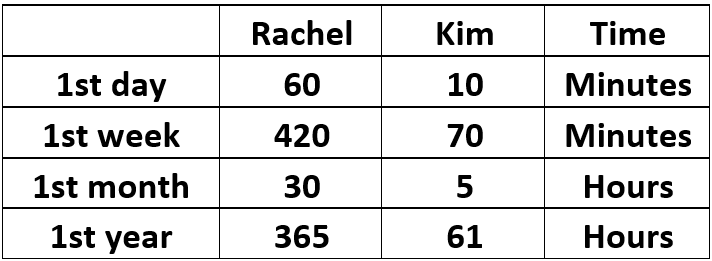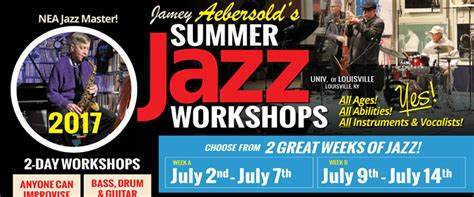|
Practice time is precious because of the myriad demands for our attention. Wasting it by messing around is counterproductive to our success. One illuminating solution, for more productive practice, is to know how we spend our time practicing. Do we carefully plan out our activities or do we run willy-nilly in all directions? It has been claimed that 90% of young music students play a piece through once, not even stopping to correct mistakes. Here is a way to find out where you stand. At your next practice record yourself on your phone. Later in the day listen back and ask yourself: 1. How did I spend my time? 2. How focused and methodical was I? 3. How did I sound? 4. What did I accomplish? 5. Did I meet my preplanned goal? For more on practice habits, as observed in the wild, check this out: (Http://www.escom.org/proceedings/ICMPC2000/Sun/McPherso.htm) If I can help you manage your time, call me. David Revised September 2022
0 Comments
Yesterday fourteen piano students got together in a jazz club and jammed with a bassist and drummer. What a blast!
Here is some feedback from students:
Next up February, Covid willing. If you'd like to join us, call me. David Revised September 2022 Breakfast piano minute is back for another round of videos. Please enjoy the peaceful piano music. Self-assessment is difficult because our minds play tricks on us. For more of the science of the dangers of self-assessment Google “Dunning-Kruger effect”. There are several tactics students can employ to overcome or at least minimize the “Dunning-Kruger effect”.
David Revised September 2022 What is practice math? Kim practices 10 minutes a day and Rachel puts in 60 minutes a day. …and a year goes by.
Now let’s compare experiences. Kim is having the time of his life, he’s learned a few pieces, played in a recital, showed off to his non-playing friends. Rachel is also having the time of her life, she’s learned a few pieces well, played in a recital to great family fanfare, and showed off to her non-playing friends. They are both a success. Everyone is happy, including the piano teacher, because there was clarity of purpose explicitly communicated by parents to the teacher and the child at the commencement of lessons. David Jamey Aebersold gave an illuminating demonstration this past summer on the importance of being able to skillfully play your instrument. He assembled students in the auditorium at University of Louisville. He then plucked one “lucky contestant/musician/newbie” to join him on stage. (The repeat campers knew what was coming and sat the back of the room). Jamey would then hand them a microphone and instruct them to sing/scat/hauler a jazz solo along with the jazz chords he would randomly play on the piano. Guess what? Everyone could scat. Some sang very well, others just so-so. But the consensus amongst the “singers” was that they could scat better than they could play. Hmmm. “So, the problem wasn’t in your head”, he said, “it’s in your hands”. He continued, “now go home, take lessons, practice like crazy and the jazz will be easier. You can hear the music; you just can’t execute.” (My paraphrasing) Jamey's second reveal, a thin repertoire is symptomatic of larger issues. One morning he asks the musicians, “How many of you can play 50 jazz standards from memory?” I enthusiastically raised my hand. Looking around the 250+ room there were very few hands joining me. "How many can play 25, 10, any?" (The overwhelming answer was zero.) Jamie’s 1st conclusion, it’s hard to play freely when your head is in a book. Jamie’s 2nd conclusion, trust yourselves to play without a book/sheet/app in front of you by starting with simple tunes like:
I can help you get started playing by ear. Please call me, David Revised September 2022 |
You've got to learn your instrument. Then, you practice, practice, practice. And then, when you finally get up there on the bandstand, forget all that and just wail. AuthorI'm a professional pianist and music educator in West Toronto Ontario. I'm also a devoted percussionist and drum teacher. Categories
All
|



 RSS Feed
RSS Feed